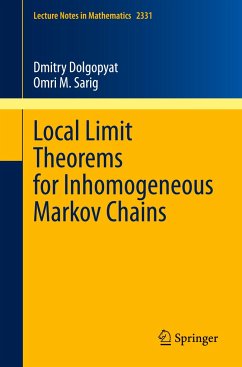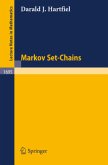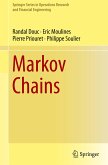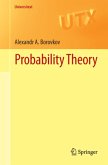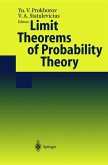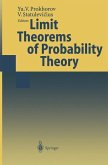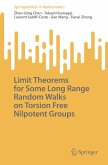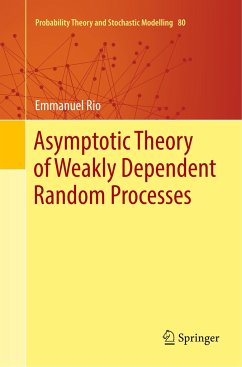This book extends the local central limit theorem to Markov chains whose state spaces and transition probabilities are allowed to change in time. Such chains are used to model Markovian systems depending on external time-dependent parameters. The book develops a new general theory of local limit theorems for additive functionals of Markov chains, in the regimes of local, moderate, and large deviations, and provides nearly optimal conditions for the classical expansions, as well as asymptotic corrections when these conditions fail. Applications include local limit theorems for independent but not identically distributed random variables, Markov chains in random environments, and time-dependent perturbations of homogeneous Markov chains.
The inclusion of appendices with background material, numerous examples, and an account of the historical background of the subject make this self-contained book accessible to graduate students. It will also be useful for researchers in probability and ergodic theory who are interested in asymptotic behaviors, Markov chains in random environments, random dynamical systems and non-stationary systems.
The inclusion of appendices with background material, numerous examples, and an account of the historical background of the subject make this self-contained book accessible to graduate students. It will also be useful for researchers in probability and ergodic theory who are interested in asymptotic behaviors, Markov chains in random environments, random dynamical systems and non-stationary systems.

